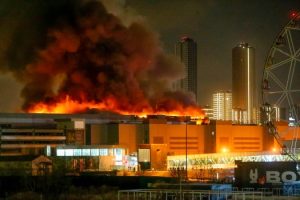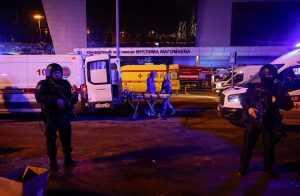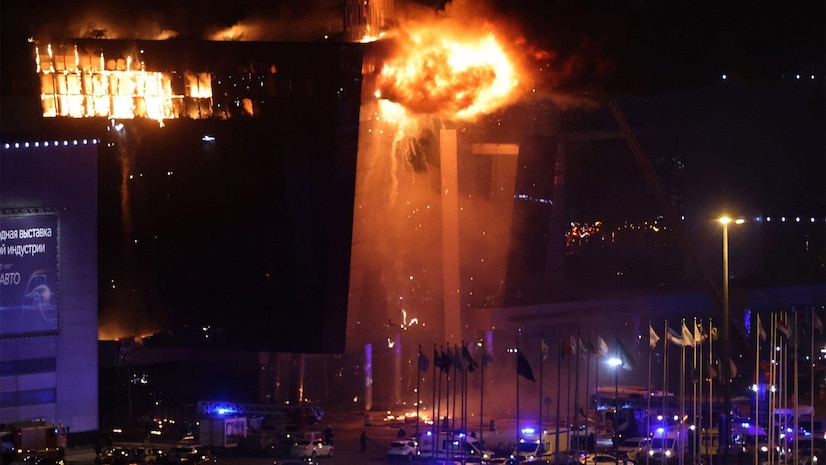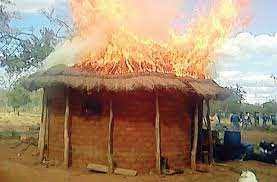The recent terrorist attack at Moscow’s Crocus City Hall, where gunmen in combat fatigues opened fire and detonated explosives, resulting in the deaths of at least 60 people and injuring 145, has sent shockwaves through the city and the world. The brazen attack was claimed by the ISIL (ISIS) group.

The attack took place during a concert at the popular concert hall, where a veteran rock band was set to perform. The gunmen, dressed in camouflage and armed with automatic weapons, stormed the venue, shooting into the crowd and setting off explosives that caused a massive fire. The chaos and panic that ensued led to a high number of casualties, with over 60 people confirmed dead and many more injured, some critically.

ISIL, the group behind the attack, claimed responsibility on its Telegram channel, stating that the gunmen had managed to escape. However, Russian authorities have launched an investigation to determine the fate of the attackers and to prevent any further threats. The attack has once again raised concerns about the reach and capabilities of terrorist groups like ISIL and the need for international cooperation to combat such threats.
Witnesses to the attack described scenes of terror and chaos inside the concert hall, with people running for their lives and trying to escape the gunfire and explosions. The aftermath of the attack left the venue in flames and its roof collapsed, marking one of the worst incidents of violence in Russia since the Beslan school siege in 2004.
In response to the attack, Russian officials have tightened security measures in Moscow, including increased patrols at airports, railway stations, and the metro system. The mayor has cancelled mass gatherings and closed theatres and museums in the area, while other regions in Russia have also heightened security protocols.
President Vladimir Putin has been closely monitoring the situation and has expressed his condolences to the victims and their families.







